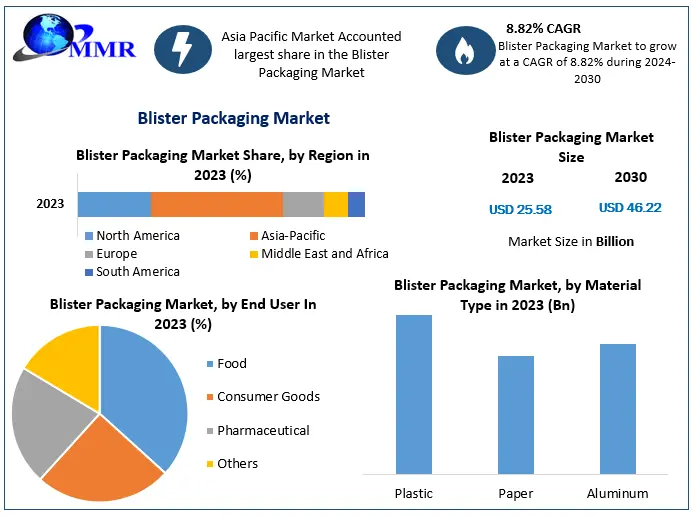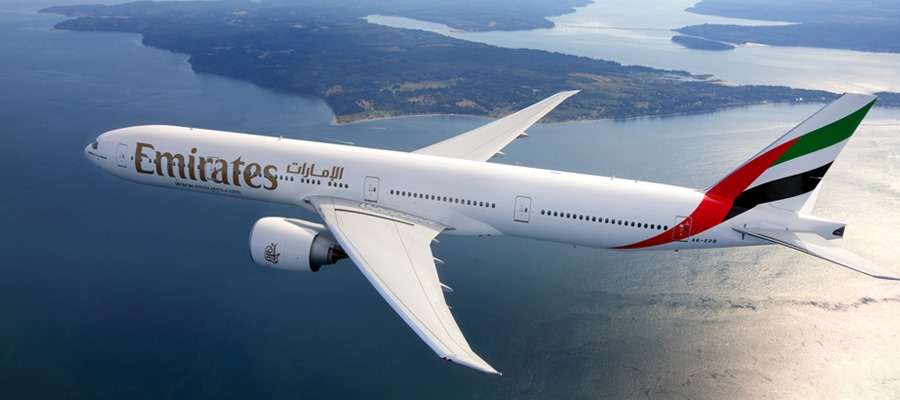Introduction
Maritime law, also known as admiralty law, plays a vital role in regulating international shipping. It covers various legal areas to ensure smooth marine activities worldwide. The four pillars of maritime law are key international agreements that set basic rules for safety, environmental protection, and workers’ rights in the maritime industry.
What are the Four Pillars of Maritime Law?
- SOLAS (Safety of Life at Sea)
- MARPOL (Prevention of Pollution from Ships)
- STCW (Standards of Training, Certification, and Watchkeeping for Seafarers)
- Maritime Labour Convention (MLC)
Understanding these four pillars is crucial for ensuring safety at sea, protecting marine environments, and safeguarding the rights and welfare of seafarers worldwide. They collectively support maritime safety, environmental sustainability, and the welfare of seafarers across the globe.
1. SOLAS (Safety of Life at Sea)
SOLAS is a key regulation for maritime safety. The tragic sinking of the RMS Titanic in 1912, which claimed over 1,500 lives, led to the initial adoption of SOLAS in 1914. This event highlighted major gaps in maritime safety standards and emphasized the need for comprehensive international regulations.
Key Provisions:
- Ship Design and Construction: SOLAS requires strict standards for ship design and construction to ensure vessel integrity under various conditions. For example, it specifies requirements for watertight compartments and lifeboats.
- Safety Equipment: Regulations cover essential safety equipment such as lifejackets, lifebuoys, fire extinguishers, and emergency communication systems.
- Crew Training and Certification: SOLAS stresses the importance of thorough training and certification processes for seafarers. This ensures that crew members are fully capable of handling emergencies, including firefighting, evacuation procedures, and first aid.
Case Studies:
- Costa Concordia Incident (2012): After this disaster, amendments to SOLAS included provisions for mandatory passenger muster drills before or shortly after departure to improve evacuation readiness.
- MV Derbyshire Tragedy (1980): Following the loss of MV Derbyshire during Typhoon Orchid, SOLAS was amended to include enhanced structural requirements for bulk carriers.
SOLAS continues to evolve through periodic amendments, each addressing emerging risks and technologies. By setting these comprehensive standards, SOLAS significantly reduces the likelihood of maritime catastrophes and promotes a culture of safety within the industry.
2. MARPOL (Prevention of Pollution from Ships)
MARPOL, short for the International Convention for the Prevention of Pollution from Ships, aims to minimize pollution from ships through strict waste management and emissions control measures. Established in 1973 by the International Maritime Organization (IMO), it addresses various forms of marine pollution caused by operational and accidental discharges.
Objectives of MARPOL
The primary objectives of MARPOL are:
- Minimizing Discharge: Prohibits deliberate discharge of oil and other harmful substances into the sea.
- Waste Management: Regulates disposal methods for ship-generated wastes including sewage, garbage, and ballast water.
- Emissions Control: Sets limits on the emission of pollutants such as sulfur oxides (SOx) and nitrogen oxides (NOx).
Importance in Safeguarding Marine Ecosystems
MARPOL plays a crucial role in preserving marine ecosystems by:
- Protecting Biodiversity: Reducing pollution helps maintain diverse marine life.
- Promoting Sustainable Practices: Encourages ship operators to adopt environmentally-friendly operations.
- Preventing Habitat Destruction: Limits damage to sensitive habitats like coral reefs and mangroves.
Recent Developments
The regulatory framework of MARPOL is continuously evolving. Recent amendments include:
- Introduction of Emission Control Areas (ECAs): Designated zones where stricter emission standards apply.
- Global Sulfur Cap Implementation: Reduced permissible sulfur content in marine fuels to 0.50% since January 2020.
- Ballast Water Management Convention: Entered into force to prevent invasive species from being transported via ship ballast water.
These developments have significant implications for shipowners and operators:
- Compliance Costs: Upgrading equipment and adopting new technologies may incur additional expenses.
- Operational Adjustments: Ships may need to modify routes or operational practices to meet ECA requirements.
- Legal Obligations: Non-compliance can result in heavy fines and legal actions.
By following MARPOL regulations, stakeholders play a vital role in safeguarding our oceans, ensuring cleaner seas for future generations.
3. STCW (Standards of Training, Certification, and Watchkeeping for Seafarers)
STCW sets the global benchmark for training standards for seafarers, ensuring that all personnel on board vessels are competent and well-prepared for their duties. Adopted in 1978 and updated with significant amendments in 1995 and 2010, STCW establishes minimum qualification standards crucial for maritime safety.
Purpose and Structure
The main goal of the STCW Convention is to ensure the safety of lives at sea by making sure that seafarers are properly trained and certified. The convention provides detailed information on training programs, certification processes, and watchkeeping standards.
Key Provisions
- Crew Qualifications: Establishes criteria for different ranks, ensuring all crew members possess the necessary skills and knowledge.
- Hours of Work/Rest: Regulates working hours to prevent fatigue, a critical factor in maintaining alertness and performance.
- Watchkeeping Arrangements: Defines protocols to ensure continuous vigilance during navigation, including mandatory rest periods.
STCW’s rigorous standards play a pivotal role in minimizing human errors, enhancing safe navigation at sea. This comprehensive framework underscores why understanding the four pillars of maritime law is essential for anyone involved in global shipping.
4. Maritime Labour Convention (MLC)
The Maritime Labour Convention (MLC), established by the International Labour Organization (ILO) in 2006, aims to promote decent working conditions and social protection for seafarers worldwide. It represents a significant international agreement that consolidates and updates more than 65 existing maritime labor instruments.
Key Provisions of MLC:
- Employment Contracts: The MLC mandates clear and legally binding contracts for seafarers, ensuring transparency and fairness in employment terms.
- Wages: Seafarers are entitled to receive their wages at least monthly, with clear stipulations on payment methods and currency conversion to prevent exploitation.
- Accommodation Standards: Ships must provide adequate living conditions, including proper ventilation, lighting, heating, and sanitary facilities, enhancing the quality of life on board.
- Medical Care: The convention ensures that seafarers have access to medical care and essential supplies both on board and ashore. This includes regular health checks and timely treatment for injuries or illnesses.
The MLC’s focus is to uphold the rights of seafarers by setting minimum working and living standards. These provisions not only protect seafarers but also ensure the smooth operation of maritime activities by fostering a healthier and more motivated workforce.
The Combined Impact of the Four Pillars on Maritime Safety and Environmental Protection
Each pillar of maritime law—SOLAS, MARPOL, STCW, and the MLC—plays a crucial role in creating a comprehensive legal framework. This framework enhances safety standards, reduces pollution risks, and promotes social justice within the maritime sector.
- SOLAS improves vessel safety through strict design and operational standards.
- MARPOL protects marine ecosystems by enforcing stringent pollution control measures.
- STCW ensures that crew members are qualified and well-trained, promoting safe navigation.
- MLC advocates for decent working conditions and social protections for seafarers.
Understanding these four pillars is essential not just for compliance but as a way to contribute responsibly to global trade. By learning more about these international maritime conventions, you become an informed stakeholder dedicated to advancing safety, sustainability, and fairness in the industry.
FAQs (Frequently Asked Questions)
What are the four pillars of maritime law?
The four pillars of maritime law are SOLAS (Safety of Life at Sea), MARPOL (Prevention of Pollution from Ships), STCW (Standards of Training, Certification, and Watchkeeping for Seafarers), and the Maritime Labour Convention (MLC). Understanding these pillars is crucial for ensuring safety, protecting the environment, and safeguarding the rights of seafarers.
What is SOLAS and why is it important?
SOLAS stands for Safety of Life at Sea. It is a set of international regulations aimed at enhancing safety standards on board vessels. Historical events like the RMS Titanic disaster highlighted the need for such regulations. Key provisions include ship design, operation, and crew training that collectively improve safety practices in the maritime industry.
How does MARPOL contribute to environmental protection?
MARPOL, or the Prevention of Pollution from Ships, aims to minimize pollution from ships through effective waste management and emissions control measures. Its objectives are vital for safeguarding marine ecosystems and promoting sustainable shipping practices. Recent developments in its regulatory framework have significant implications for shipowners and operators.
What does STCW stand for and what is its purpose?
STCW stands for Standards of Training, Certification, and Watchkeeping for Seafarers. The convention ensures that personnel on board vessels are competent and well-trained. It includes key provisions related to crew qualifications, work/rest hours, and watchkeeping arrangements that contribute to safe navigation at sea.
What are the main goals of the Maritime Labour Convention (MLC)?
The Maritime Labour Convention aims to promote decent working conditions and social protection for seafarers worldwide. It addresses critical issues such as employment contracts, wages, accommodation standards, and access to medical care on board ships, ensuring that seafarers’ rights are upheld.
How do the four pillars collectively impact maritime safety and environmental protection?
Each pillar contributes to a comprehensive legal framework that enhances safety standards, minimizes pollution risks, and upholds social justice in the maritime sector. Understanding these conventions allows stakeholders in global trade to act responsibly while promoting safe and sustainable practices in shipping.



